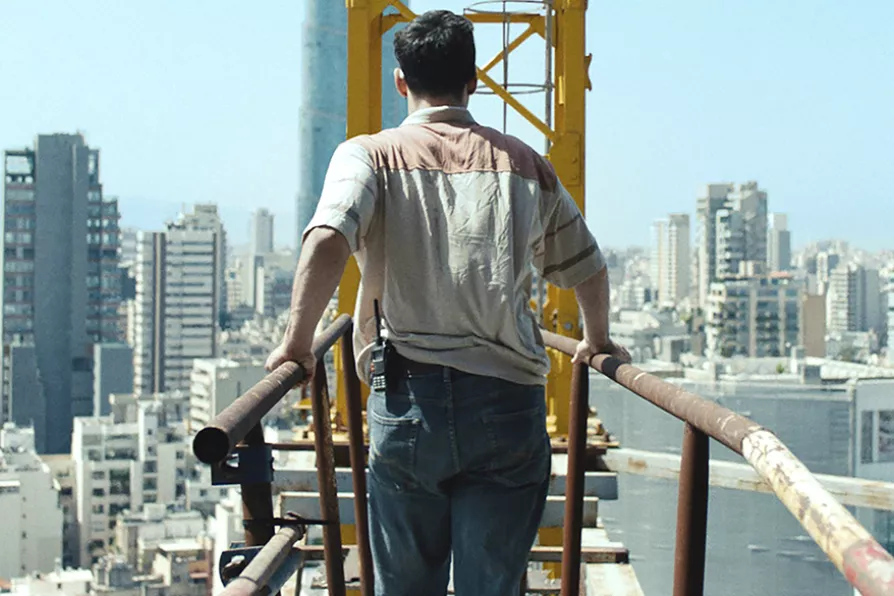FIONA O’CONNOR and MARIA DUARTE review State of Statelessness, Rental Family, 28 Years Later: The Bone Temple, and The Rip

 Khansa as Mohammad
[IMDb]
Khansa as Mohammad
[IMDb]
THE just ended Sundance Film Festival (London edition) introduced 12 feature films from this year’s main festival held in Park City in Utah, US. Following its tradition of supporting emerging voices in filmmaking, the festival featured an equal number of male and female directors in this year’s selection, granting a range of British, Finnish, French, Indonesian, Canadian, Lebanese and US filmmakers to tell their authentic stories.
Winner of the audience awards was Brian and Charles, directed by Jim Archer – a story, set in rural Wales, about a lonely inventor who takes on his most ambitious project yet. By assembling a washing machine and a few odd pieces of junk, he invents Charles, an AI bot, who learns English from a dictionary and has an inexplicable obsession with cabbages.

New releases from The Dreaming Spires, Bruce Springsteen, and Chet Baker













